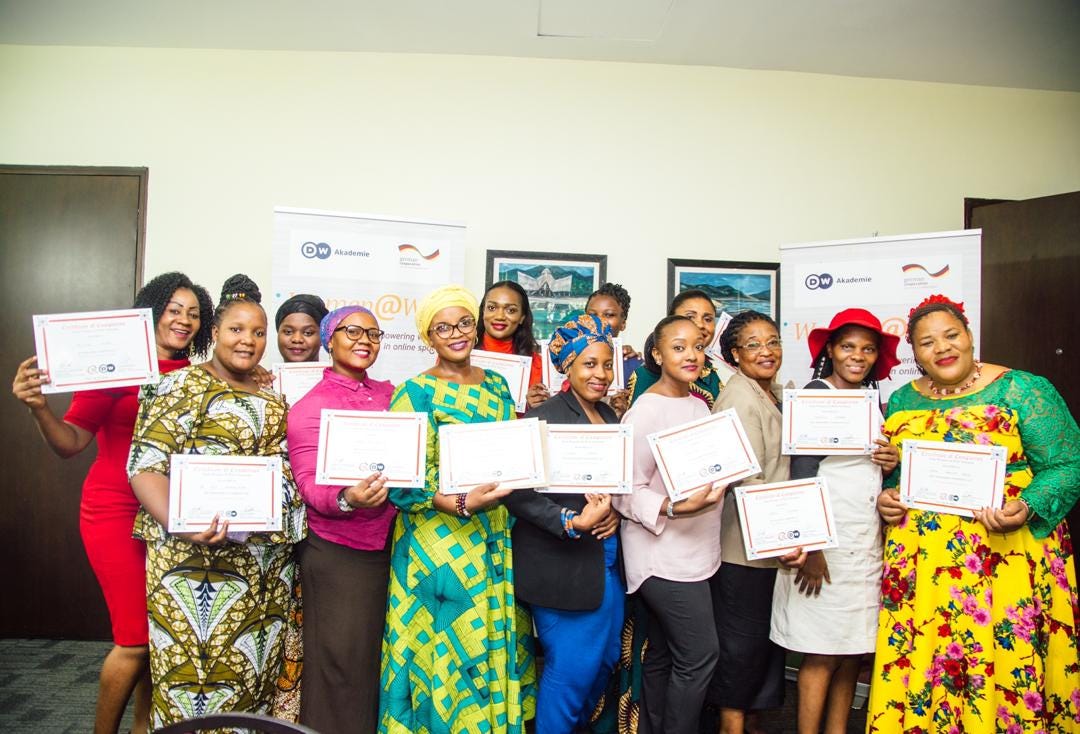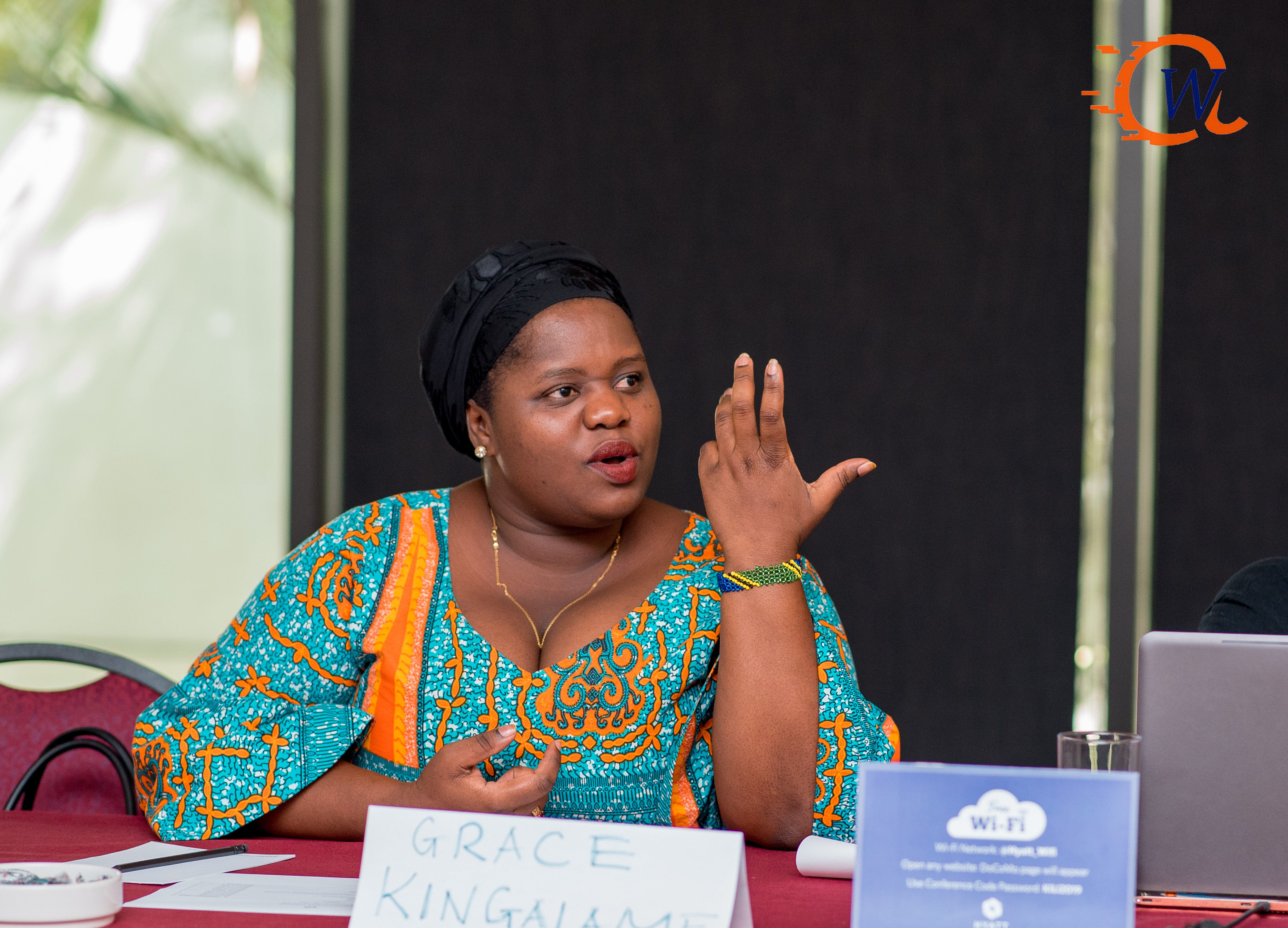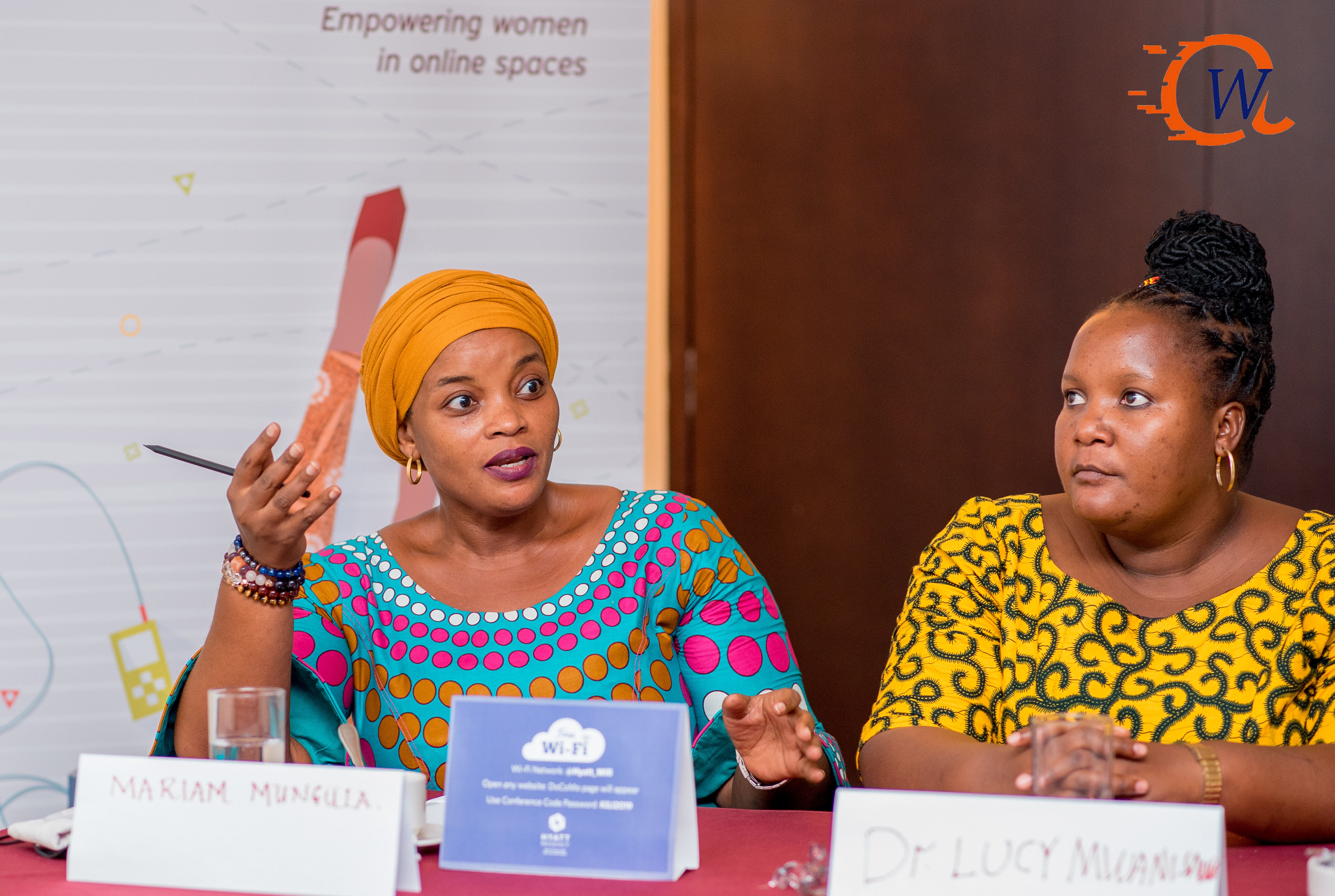
The two important aspects that govern the digital world is the understanding of Digital Literacy and Digital Citizenship. Having the ability to know what information to filter and what to share on social media platforms not only widen a Woman’s perspective but it also helps in being informed, sharing updates, staying connected and having access to endless opportunities that are available on the online space. Such is of utmost importance to women in leadership roles and significantly to those in Politics.
Women At Web Tanzania identifies the Women in leadership in the field of politics as one of the key change makers and development drivers and a good target group to apply in minimising the gender digital divide because they have all attributes to grant them full access to the digital world. Women in politics are the number one contributor in accelerating gender equality, they are regarded as top influencers to the young girls, and can be counted to raise issues that have been overlooked such as OGBV, Gender Digital Divide and advocate a call to an end on such challenges.

In February 2020 (20th to 21st), Women At Web Tanzania conducted a digital training that was carefully customised to the needs of Women in politics packaged into a two day workshop that would add more knowledge and skills to the fifteen participants. These Women was from four different political parties of Chama Cha Mapinduzi (CCM), Chama cha Demokrasia na Maendeleo (CHADEMA), ACT Wazalendo and NCCR Mageuzi. The group consisted of women in a variety of political leadership positions in their respective parties as well as appointed Members of Parliament.

The training content was holistically focused on digital literacy, digital security and a digital strategy to increase visibility as they head towards the general presidential elections of 2020 and also raised focused discussions safe online spaces, measures and structures in the digital space, and what can be further done to increase online participation of women in Tanzania.
Highlights of limitations that had come out from the workshop session as indicated below
- Relevant Content — Content created online is not in line with expected norms, traditions and cultures
- Lack of Direction — Most in the online community have no sense nor have no direction or purpose.
- Cyberbullying and Harassment — The majority of the women get attacked and harassed sourced from a variety of factors such as their previous or private lives, their views and opinions as whereas their body images.
- A lack of support groups targeted specifically at Women in Politics addressing challenges, or a sustainability modal to nurture them into more politically strong leaders.
- Once you join a political party your freedom of speech is judged online and every action you take is followed and put on a spotlight compared to men. This works as an obstacle of active participation with their online community.
- Affordability — It’s costly to be online or use social media for some.
- Personification — A There are a lot of hackers and con artists online using profiles, names and Identifications on the space.
- Lack of Digital Skills — There is a challenge of most women not knowing how they can effectively use their positions, influence and work they do to the online community.




Significance of the Training
The training was positively accepted by the trainees. They unanimously agreed that there was a need to find ways to enhance digital skills not only to women politicians but women in general on how to represent (brand) themselves online, how to create and share quality, relevant and valid content to the online community. It was agreed to that it was important Women at web Tanzania to provide digital skills and strategies to more female MP’s in different regions across all political parties as there is a gap to be filled across. Women in Politics, have the power to make significant positive changes to the community. Women at Web Tanzania looks forward to organizing more training such as these so as to reach more women in politics while bridging the gender digital divide.
